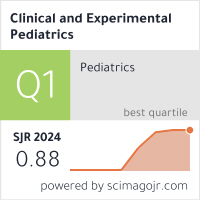
|
Question: What are the short-term outcomes of oropharyngeal administration of colostrum (OAC) in preterm neonates?
Finding: This study demonstrated the significantly lower rates of necrotizing enterocolitis, clinically suspected sepsis, shorter hospital stay, period to full enteral feeding, and antibiotic therapy period in the OAC group.
Meaning: This trial may further expand the clinical application of OAC in premature infants to reduce their length of hospital stay and complications. |




